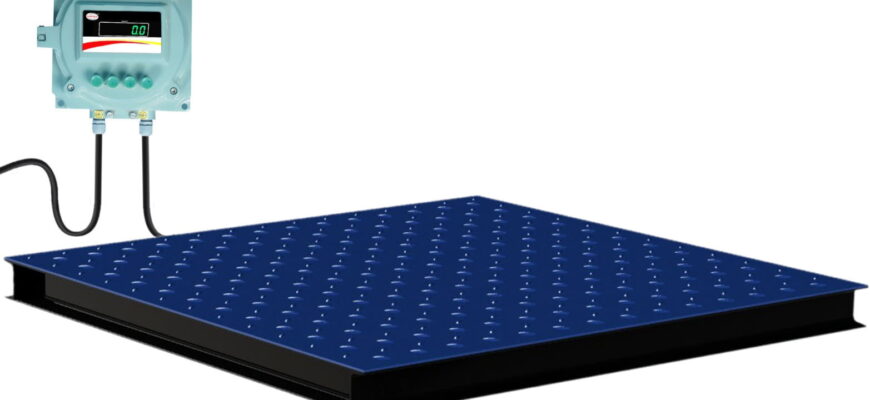In the world of manufacturing and production, precision is paramount. One unsung hero that quietly ensures this precision is the industrial weighing scale.
In this exploration, we’ll uncover the intricate details of these essential instruments, from their mechanics to diverse applications and the technological advancements that shape their role in modern industries.
Anatomy of Industrial Weighing Scales
At the heart of industrial weighing scales lies a sophisticated arrangement of components, each playing a crucial role in delivering accurate measurements. Load cells, the backbone of these scales, convert force into electrical signals.
Digital displays provide clear readings, and the housing ensures stability. Understanding the intricacies of these elements is key to appreciating the precision they deliver.
Calibration Matters
Precision is not a one-time achievement but an ongoing process. Regular calibration ensures that industrial weighing scales maintain their accuracy over time. It involves fine-tuning the scale to account for environmental factors, wear and tear, and other variables.
This meticulous process is the cornerstone of reliability in measurements, making calibrated scales indispensable in industries where accuracy is non-negotiable.
Applications Across Industries
Industrial weighing scales find applications in a myriad of industries, contributing significantly to efficiency and quality control. In pharmaceuticals, these scales measure precise quantities of ingredients for drug formulations.
In food processing, they ensure the right proportions, guaranteeing the consistency of taste and quality. In manufacturing, the scales play a pivotal role in monitoring raw materials and ensuring the integrity of the final product.
Ensuring Quality Control
Quality control is a non-negotiable aspect of production, and industrial weighing scales are instrumental in upholding these standards. From verifying the weight of raw materials to conducting final product inspections, these scales serve as guardians of quality.
The meticulous measurements they provide become the foundation upon which industries build their reputation for delivering reliable and high-quality products.
The Rise of Smart Scales
Technological advancements have propelled industrial weighing scales into the era of smart devices. These intelligent scales are equipped with sensors and connectivity features, providing real-time data that goes beyond mere weight measurements.
The ability to gather and analyze data opens new possibilities for efficiency improvements and predictive maintenance, making smart scales a valuable asset in the age of digital transformation.
Integrating with Industry 4.0
In the era of Industry 4.0, where automation and data-driven decision-making reign supreme, these scales are not left behind. These scales seamlessly integrate with other smart devices and systems, contributing to the interconnected web of modern manufacturing processes.
The result is a more streamlined and efficient production line that responds dynamically to changing demands and variables.
Appreciating the Science Behind the Scales
As we navigate through the intricacies of these industrial scales, it becomes apparent that these instruments are not just tools but indispensable partners in the pursuit of precision.
The next time you encounter these unassuming devices in a factory or laboratory, take a moment to appreciate the science and technology working diligently behind the scenes.
Wrapping Up
In conclusion, these weighing scales are silent contributors to the success of various industries.
From their intricate mechanics to diverse applications and integration with cutting-edge technology, these scales play a pivotal role in maintaining the precision and quality that define modern production processes.

